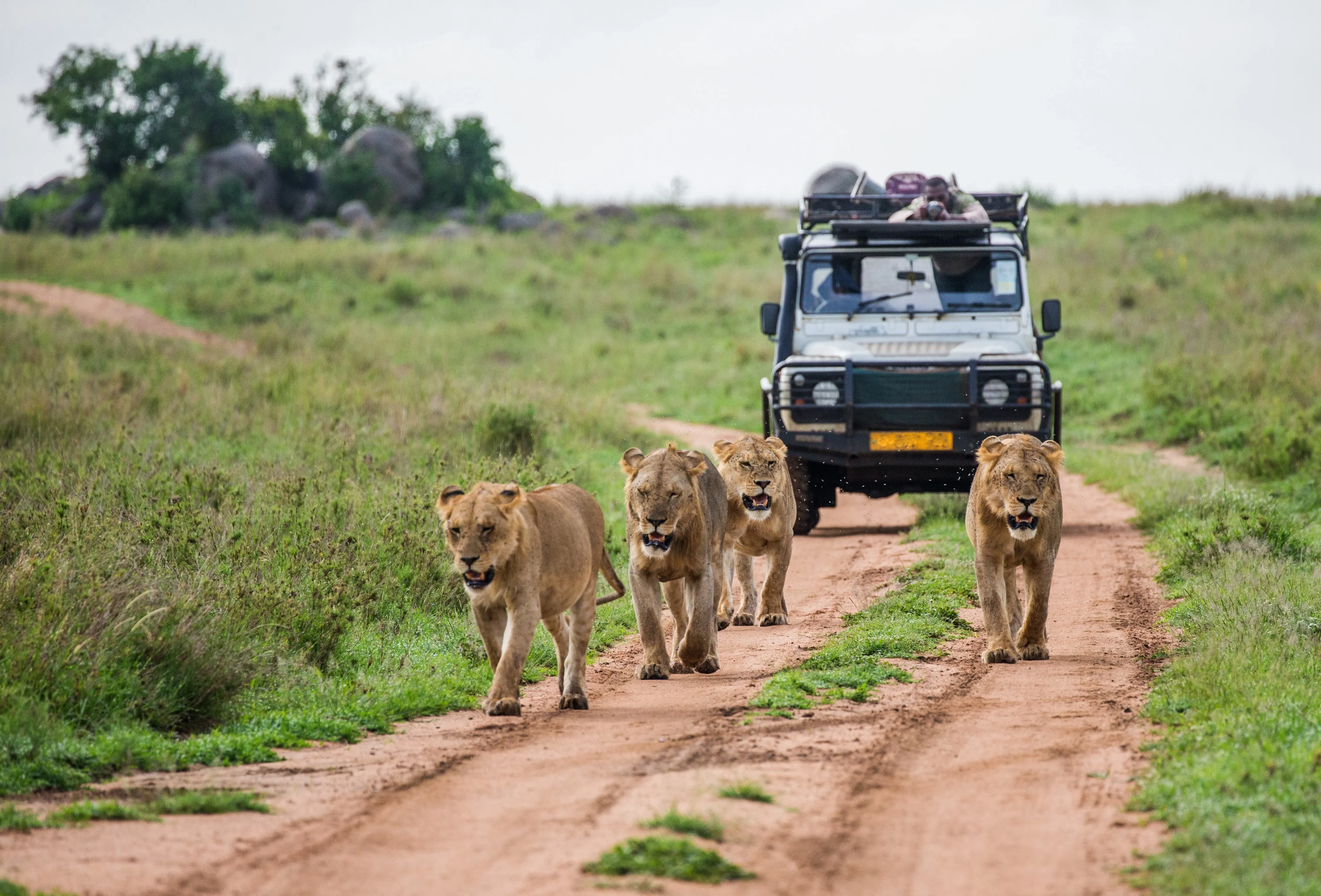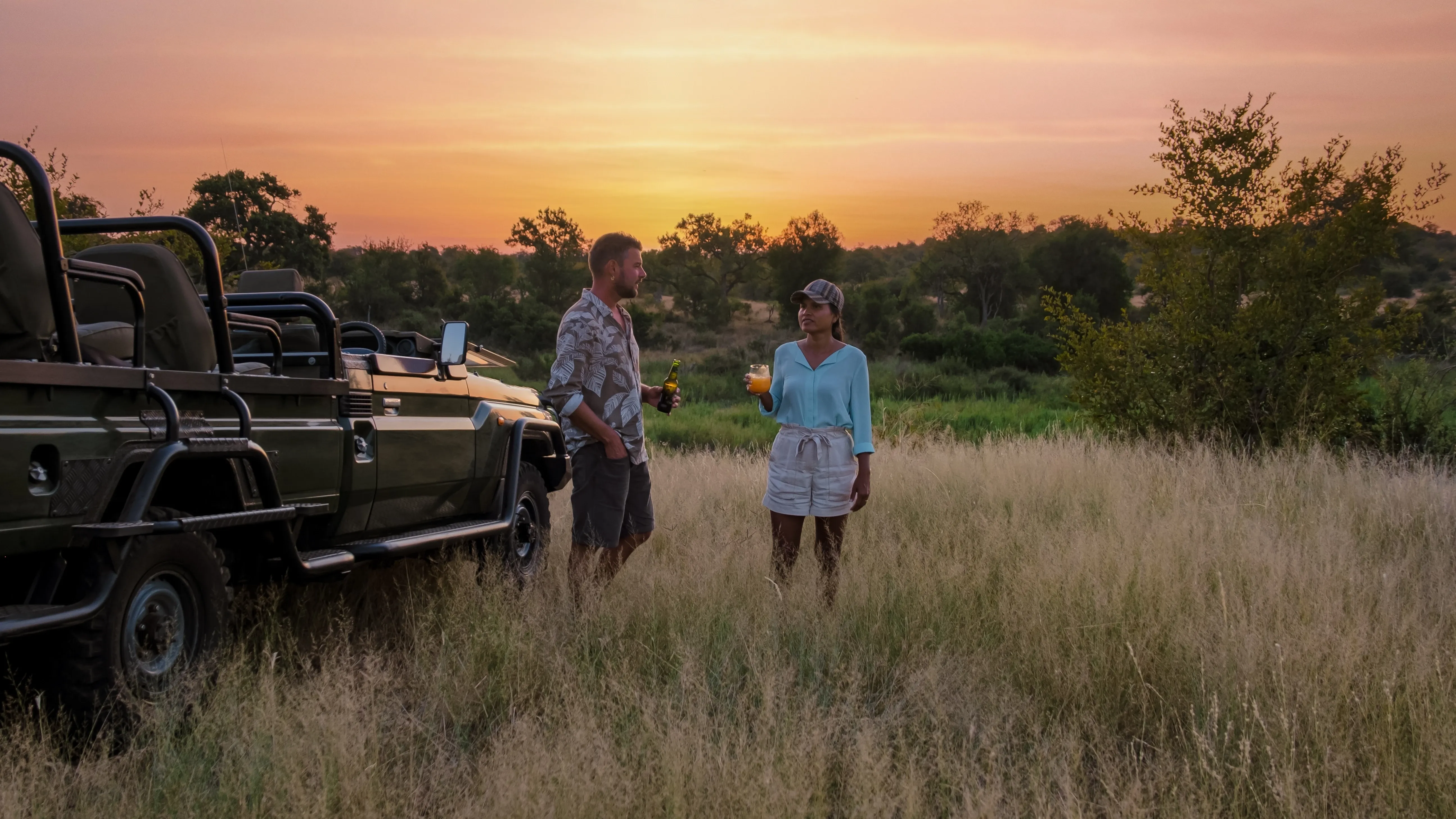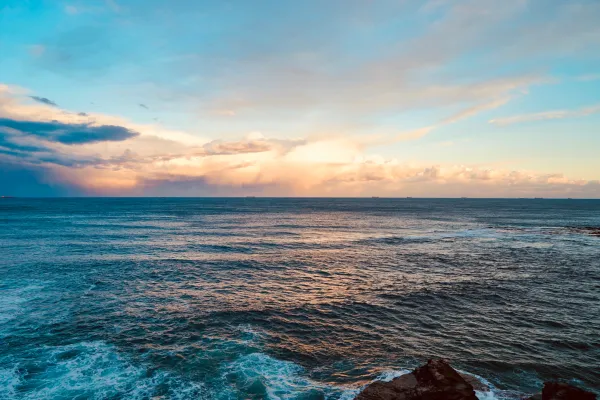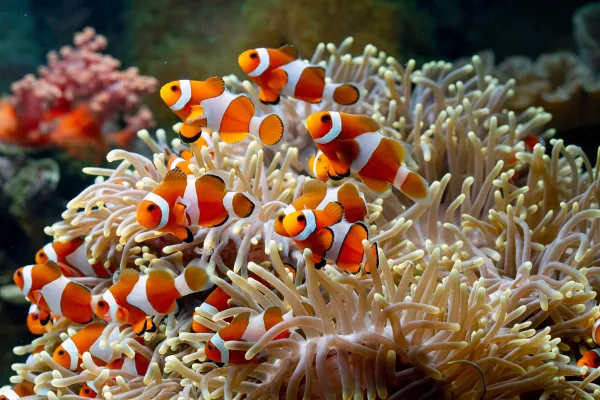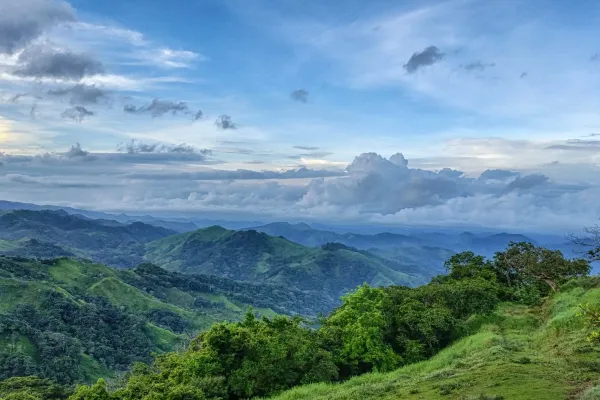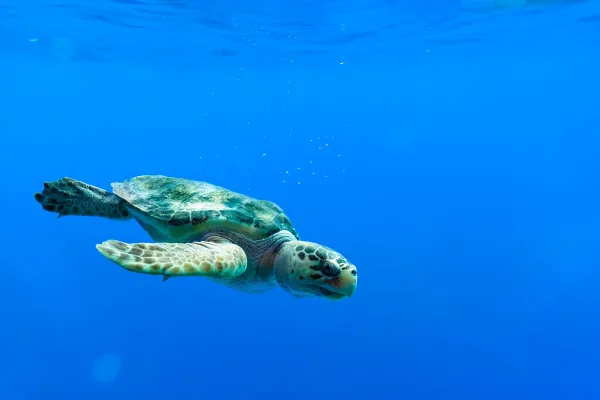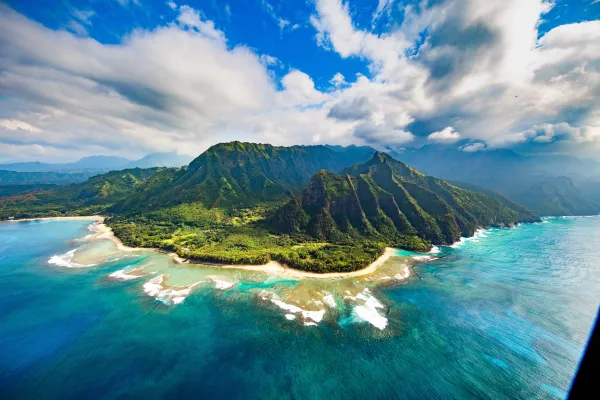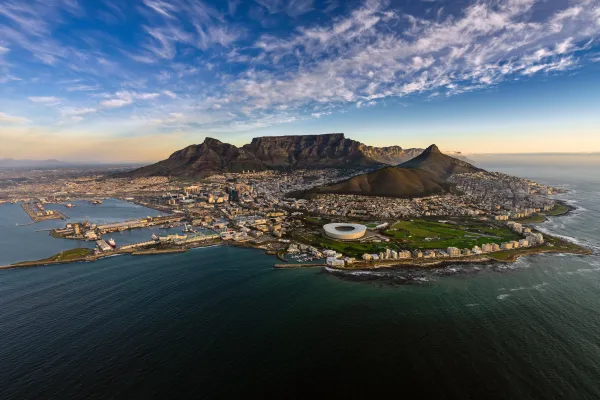Why species conservation is important for tourism
Tourism is critical to economic stability worldwide. According to the World Travel and Tourism Council, in 2016, the travel industry contributed a whopping 7.6 trillion US dollars to the global GDP and employed roughly one in 10 people.
Particularly, many developing countries depend heavily on tourism to sustain them. These nations may lack the wealth and infrastructure of first-world destinations; however, many feature spectacular scenery and biodiversity.
While many people may thrive on glittering skyscrapers and fast-paced city living, few can resist the allure of the untamed wilderness, if only for a getaway. As a result, a symbiotic and important relationship exists between nature, biodiversity, and tourism.
However, it is a relationship with a fragile balance that depends on species and nature ecological conservation. Global government and tourism agencies must work cohesively with local communities and travelers to maintain tourism’s benefits and ensure they continue to outweigh its disadvantages.

Tourism - enemy or ally?
Everything we do while we travel impacts the world around us. Some of these effects are positive, such as the revenue that conservation-based tourism generates. This income helps sustain precious but vulnerable ecosystems and animals across the globe. Another plus is that travelling raises awareness about social and environmental issues. However, the impact of rampant mass tourism on natural areas can have devastating effects.
For example, an endless stream of cruise liners and tour boats belching out noxious gases now clogs Venice's lagoons. Consequently, the city's famously romantic canals are drowning in air pollution, while plastic waste poses threats to its remaining aquatic life. Similarly, in 2018, Thai authorities were forced to close the iconic Maya Beach on Koh Phi Phi due to critical levels of coral damage.
Tragic as they are, such developments are hardly surprising considering how rapidly tourism has risen in recent decades. In his 2018 article, Overtourism – Too Much of a Good Thing, National Geographic author Jonathan Tourtellot reveals that overseas travel has skyrocketed from roughly 25 million international flights per year to a staggering 1.3 billion in 2017. Furthermore, according to projections, this figure may rise to 3 billion by 2050.
Finding solutions in sustainable tourism
Fortunately, people have become increasingly aware that environmental and species conservation is key to maintaining a thriving tourism industry in recent decades. As a result, tour operators and travellers have been changing their ways to create and support more sustainable tourism.
#1 Ecotourism
Ecologically-based tourism, i.e., ecotourism, has been one of the most critical developments in this field. The International Ecotourism Society defines ecotourism as "responsible travel to natural areas that conserves the environment, sustains the well-being of the local people, and involves interpretation and education."
Specifically, this form of travel focuses on bringing conservation, local communities, and travelers together in a sustainable and fulfilling way. It fosters ecological and cultural awareness, appreciation, and respect.
Furthermore, ecotourism aims to empower local communities through education, training, and job creation. It also has the potential benefit of raising funds for conservation and managing protected areas.
#2 Responsible tourism
Responsible tourism refers to how individuals, tour operators, organisations, government agencies, and other industry players make ‘better places for people to live in and better places for people to visit’.
It demands that each party take a more sustainable approach to tourism. Responsible tourism is a powerful idea because it means we can all contribute to improving the tourism industry.
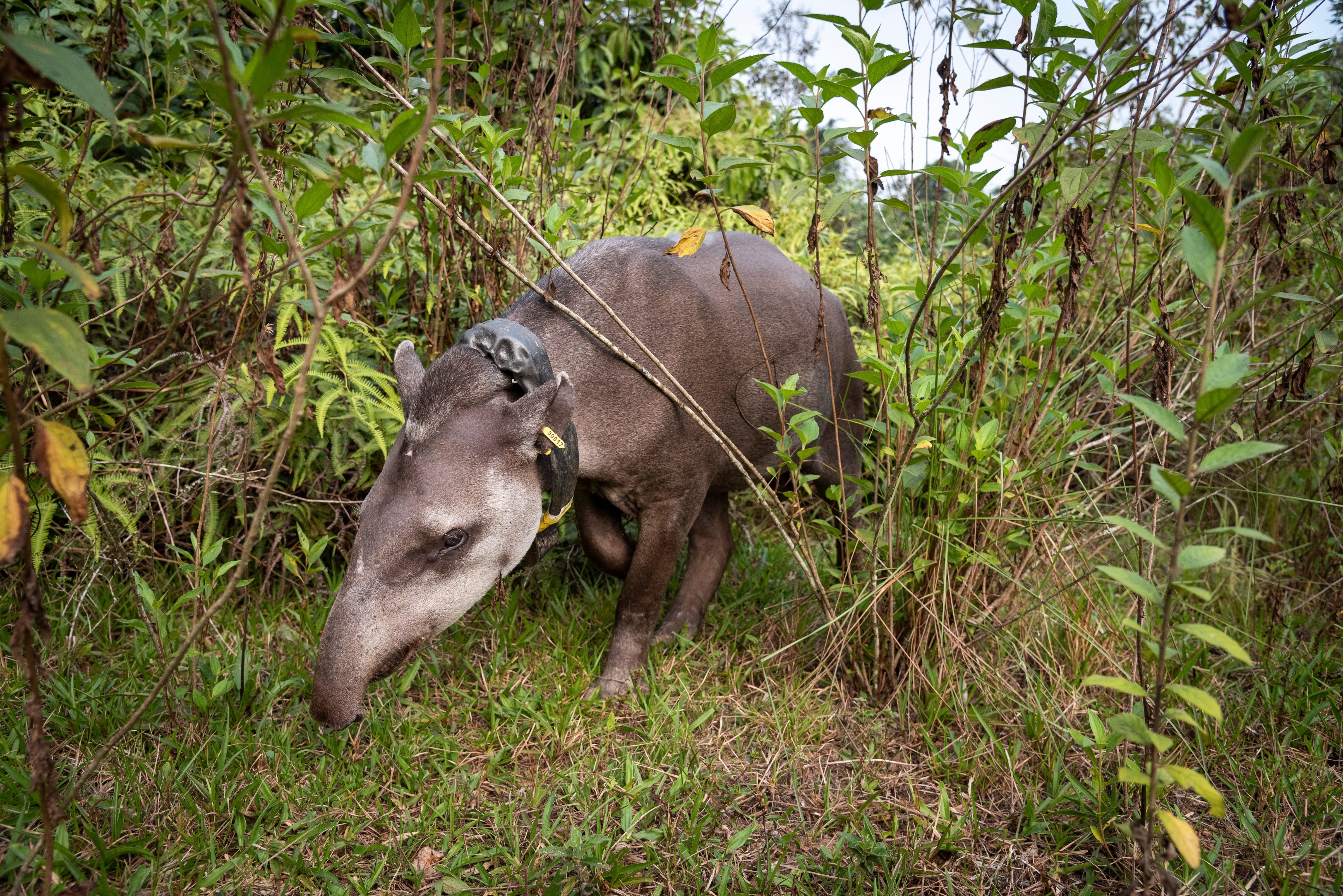
How to be a responsible tourist
- Be conscious - Research its culture, ecology, and how tourism influences and interacts with these elements whenever you visit a new place. Every corner of the planet is unique and faces unique environmental challenges. By becoming aware of specific environmental dilemmas, you can also help mitigate them.
- Be proactive - Once armed with knowledge, use it for greater environmental and cultural good. Choose tours and activities that benefit conservation or communities rather than purely commercial ventures. Avoid ecologically and ethically questionable ventures that may exploit wildlife or local people. Say no to plastic straws and packaging, and recycle whenever possible.
- Be vocal - Educate fellow travellers about the importance of sustainable tourism and ways to contribute to it. Additionally, communicate any tourism or environmental concerns to relevant government officials or organisations via official channels. Spreading awareness is key to establishing a workable balance between tourism and conservation.
What would happen if we stopped travelling?
The COVID-19 pandemic has shown how devastating the lack of this industry can be for countries, communities, and conservation. Without tourism, multiple countries worldwide would descend into a devastating and potentially irreversible economic downturn.
Without its income, myriad businesses would become destitute, and countless employees would lose their jobs. As a result, this might drive people to pursue less ethical forms of income generation, such as illegal wildlife trade or poaching.
Additionally, without tourists and industry workers to bear witness, poachers could go about their heinous business ruthlessly and entirely unhindered. Shutting the tourism industry down permanently to protect nature is inconceivable and impractical.
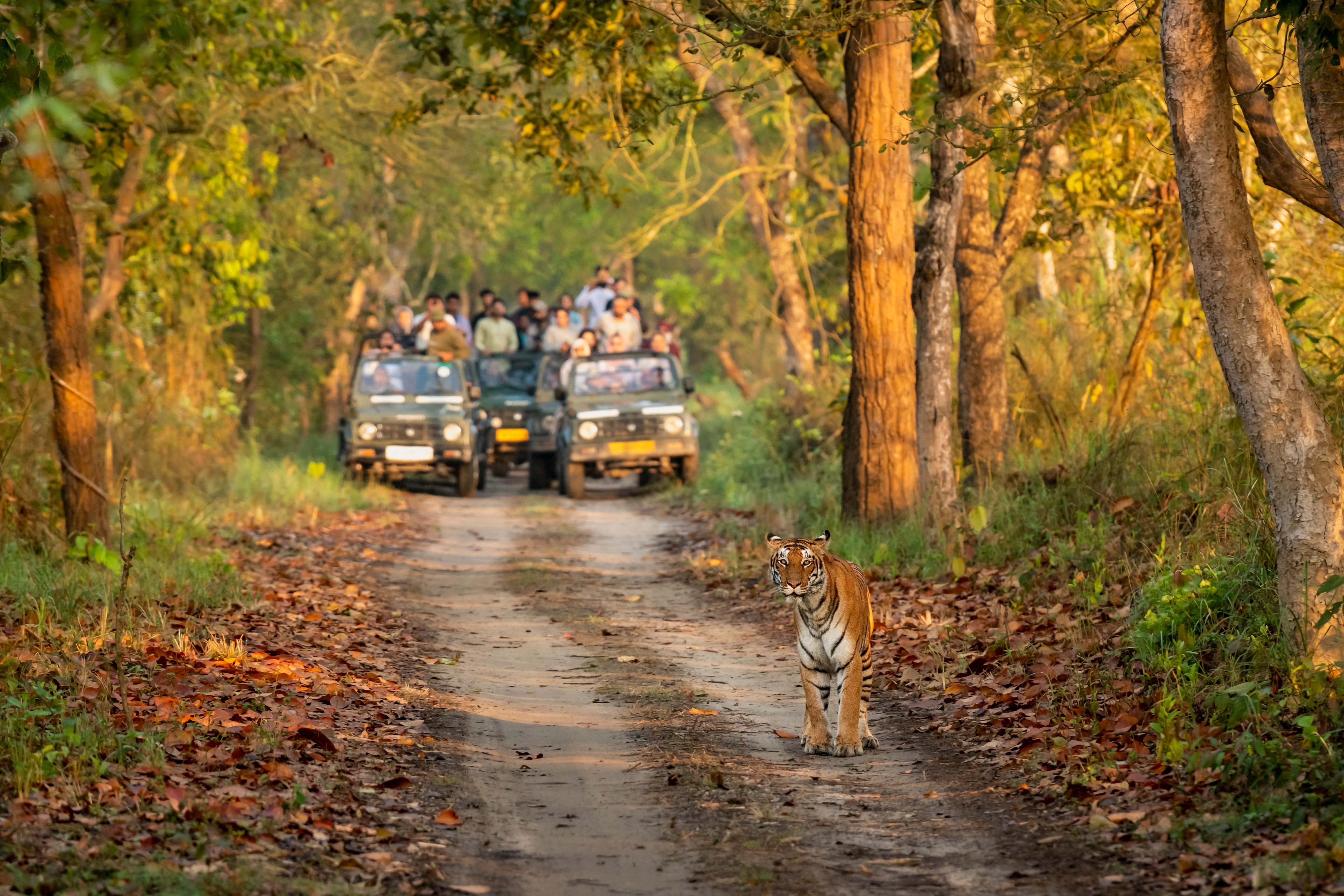
Instead, the answer lies in finding ways to navigate the relationship between tourism and species conservation successfully and sustainably. Nature and animals play an enormous part in attracting visitors to destinations worldwide.
Therefore, a critical component of this negotiation is for tourists to actively develop, facilitate, and participate in species conservation-based solutions. After the stress and social isolation of the last few years, people are keener to travel than ever.
However, one hopes that this time of closed borders and travel restrictions has made people realize that tourism is a privilege, not a right. Every one of us who enjoys that privilege can help to make it sustainable for the future.
Sign up for the newsletter
By clicking on “Subscribe now” I will subscribe to the Conscious Explorer newsletter with all the information about mindful travel. Information on the success measurement included in the consent, the use of the shipping service provider MailChimp, logging of the registration and your rights of revocation can be found in our privacy policy.

